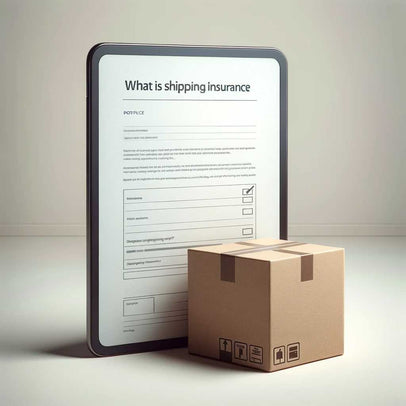Packaging 101: The Complete Guide
- Packaging 101
- Types of Packaging
- Aseptic Packaging
- Blister Packaging
- Biodegradable Packaging
- Bulk Packaging
- Carbon Neutral Packaging
- Circular Packaging
- Clamshell Packaging
- Compostable Packaging
- Cornstarch Packaging
- Corrugated Packaging
- Discreet Packaging
- Ecommerce Packaging
- Flexible Packaging
- Frustration Free Packaging
- Retail Packaging
- Secondary Packaging
- Smart Packaging
- Sustainable Packaging
- What is a PR Package?
- What is a Poly Mailer?
- Packaging Design Ideas
- AI Packaging Design
- Bakery Packaging Ideas
- Bath Bomb Packaging Ideas
- Bath Salt Packaging Ideas
- Body Butter Packaging Ideas
- Body Oil Packaging Ideas
- Body Scrub Packaging Ideas
- Brownie Packaging Ideas
- Cake Packaging Ideas
- Cake Pop Packaging Ideas
- Candle Packaging Ideas
- Candy Packaging Ideas
- Canva Packaging Design
- Chocolate Packaging Ideas
- Cinnamon Roll Packaging Ideas
- Clothing Packaging Ideas
- Coaster Packaging Ideas
- Coffee Bag Design Ideas
- Cookie Packaging Ideas
- Cosmetics Packaging Design
- Cotton Candy Packaging Ideas
- Cupcake Packaging Ideas
- DIY Packaging Ideas
- Dog Treat Packaging Ideas
- Food Packaging Ideas
- Empanada Packaging Ideas
- Etsy Packaging Ideas
- French Fries Packaging Ideas
- Frozen Food Packaging Ideas
- Hair Extension Packaging Ideas
- Handbag Packaging Ideas
- Jewelry Packaging Ideas
- Keychain Packaging Ideas
- Lash Packaging Ideas
- Lip Gloss Packaging Ideas
- Macaron Packaging Ideas
- Minimalist Packaging Ideas
- Mug Packaging Ideas
- New Employee Welcome Kit Ideas
- Packaging Colors
- Packaging Inserts Ideas
- Packaging Logo Design
- Packaging Typography
- Perfume Box Design Ideas
- Pizza Box Design Ideas
- Popcorn Packaging Ideas
- Scarf Packaging Ideas
- Skincare Packaging Design Ideas
- Soap Packaging Ideas
- Sock Packaging Ideas
- Sticker Packaging Ideas
- Sunglass Packaging Ideas
- Sustainable Packaging Ideas
- Tea Packaging Ideas
- Wax Melt Packaging Ideas
- Weed Packaging Ideas
- T-Shirt Packaging Ideas
- Wine Packaging Design Ideas
- What is a Packaging Engineer?
- Types of Packaging Materials
- Chipboard vs Cardboard
- Compostable Packaging Materials
- Alternatives to Plastic Packaging
- Edible Packaging Materials
- Food Packaging Materials
- Are Poly Mailers Recyclable?
- How to Recycle Cardboard Boxes
- How to Recycle Packaging Materials
- Medical Device Packaging Materials
- Mono Material Packaging
- Pharmaceutical Packaging Materials
- Plastic Food Packaging
- Protective Packaging Materials
- Reusing Packaging Materials
- Types of Packaging Foam
- Void Fill Packaging
- What is Chipboard?
- What is Kraft Paper?
- Offset vs Digital Printing
- RGB vs CMYK Printing
- Screen Printing vs Digital Printing
- Screen Printing vs Sublimation
- What is a Dieline in Packaging?
- What is Die Cutting?
- What is Digital Printing?
- What is Flexographic Printing?
- What is Glassine Paper?
- What is Offset Printing?
- What is Spot UV Printing?
- Why is 300 DPI Good for Printing?
- How to Estimate Shipping Costs
- How to Pack Glass for Shipping
- How to Mail a Bubble Mailer
- How to Make a Shipping Label
- How To Measure Box Dimensions and Sizes
- How to Ship Alcohol
- How to Ship Artwork
- How to Ship Books
- How to Ship a Cake
- How to Ship Candles
- How to Ship Clothes
- How to Ship Cookies
- How to Ship Food
- How to Ship a Laptop
- How to Ship a PC
- How to Ship Plants
- How to Ship Shoes
- How to Ship Vinyl Records
- Packaging Symbols
- Shipping Large Items
- What is a Delivery Exception?
- What is Shipping Insurance?

Meet Kyla Moore, the dynamic project coordinator at Arka, who is driven by her passion for sustainable packaging. She is dedicated to assisting businesses.
Why is Shipping Insurance Important? 4 Benefits
Shipping insurance plays a crucial role in safeguarding your shipments from various risks; Finding answers to the questions “what is shipping insurance”, and “what does shipping insurance cover” and understanding how it works can significantly impact the success of your business. Let's delve into the key benefits that make shipping insurance a wise investment.
Safeguarding Against Potential Harm: A paramount merit of shipping insurance lies in shielding against potential damages. Unforeseen challenges, such as rough handling or accidents during transit, can threaten your shipments. Shipping insurance serves as a protective barrier, ensuring coverage for any damage incurred by your items during their journey.
Coverage for Lost or Stolen Items: Another critical facet of shipping insurance is its provision for lost or stolen items. In the unpredictable realm of shipping, packages may occasionally vanish or become targets of theft. Through shipping insurance, you can alleviate the financial repercussions of such incidents, offering peace of mind and guaranteeing the delivery of ordered products to your customers.
Long-Term Financial Prudence: Although investing in shipping insurance may appear as an added expense, it often translates to long-term financial prudence. Without insurance, the complete cost of damaged or lost items might burden your financial bottom line. Shipping insurance acts proactively, averting potential financial setbacks and contributing to the overall sustainability of your business.

Challenges in Shipping Insurance
The key challenges of shipping insurance are:
• Packaging Adequacy and Risk Management: Despite the valuable protection afforded by shipping insurance, challenges persist due to inadequate packaging and deficient risk management. Ensuring secure packaging is crucial to minimizing the risk of damage. Moreover, effective risk management practices further amplify the benefits derived from shipping insurance.
• Efficiency in Claims Processing: Mastery of the intricacies of claims processing is pivotal for maximizing the benefits of shipping insurance. An efficient claims process ensures swift resolutions, preventing prolonged disruptions to your business operations. Staying well-versed in the procedures and prerequisites for filing a claim enhances the utilization of your shipping insurance coverage.

Regulations Associated with Shipping Insurance
It's worth noting that shipping insurance isn't just a prudent choice; in some cases, it's a regulatory requirement. Various international bodies, such as the International Maritime Organization (IMO), the World Trade Organization (WTO), and regional trade blocs, have established mandatory insurance requirements for certain shipments. Adhering to these regulations is a legal obligation and a strategic move to ensure compliance in the complex landscape of international trade.

How Does Shipping Insurance Work? 3 Types
Securing your packages during their journey is paramount; shipping insurance is the linchpin in this safeguarding endeavor. But how does package insurance work, and what variants exist to cater to your specific requirements?
Shipping insurance, often labeled as package insurance, emerges as a financial shield meticulously crafted to shield shipments from unforeseen damages or losses during their transit. Its fundamental objective is to bestow tranquility upon shippers, assuring them that their goods are economically sheltered in the face of any mishaps that might unfold during the shipping odyssey.
Types of Shipping Insurance:
• Carrier Insurance: This ubiquitous form, typically dispensed by shipping companies, assumes the mantle of the most prevalent type. By opting for carrier insurance, the shipping entity shoulders the responsibility for your package's safety during its journey. Usually integrated into the shipping expenses, this insurance confers a foundational level of coverage.

• Third-Party Insurance: For those seeking heightened protection or utilizing carriers with limited protective measures, the third-party insurance option enters the fray. Shippers can enlist the services of independent insurance providers to enhance their coverage, addressing specific exigencies that carrier insurance might leave unattended.

• Self-Insurance: Conversely, certain enterprises adopt a self-insurance strategy, where they undertake the onus of covering potential losses. Suited for companies with substantial shipping volumes and the financial capability to absorb occasional setbacks independently, this approach bypasses external insurance reliance.

Types of Coverage:
• Damage Protection: Foremost among shippers' concerns is the potential harm their packages may endure in transit. Damage protection, an integral facet of shipping insurance, foots the bill for repairs or replacements for goods sustaining injury en route to their destination.
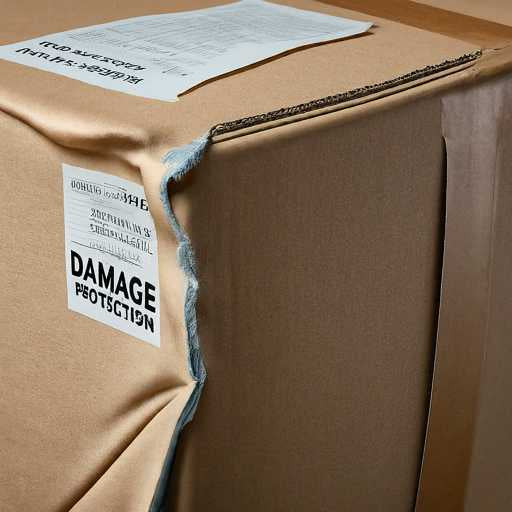
• Loss Protection: Addressing situations where packages vanish or suffer irreparable damage, loss protection stands as another pivotal element. This coverage guarantees that shippers receive full reimbursement for the lost items' assessed value, extending financial succor in the event of a complete loss.
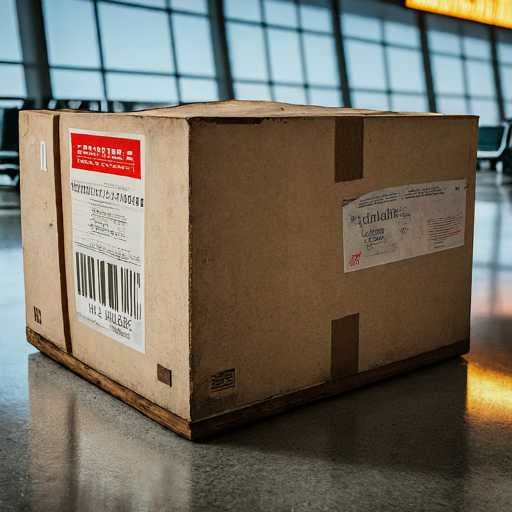
Choosing the Right Shipping Insurance Provider
Opting for the right insurer requires a thoughtful evaluation of multiple factors to guarantee adequate coverage for your shipments. Here are the key factors to consider:
1. Reputation and Dependability of the Insurer: Before finalizing an insurance provider, scrutinize their reputation and dependability. Prioritize companies known for swift and equitable claims processing, fostering confidence in the efficient handling of your claims.
2. Coverage and Exclusions: Not all shipping insurance plans are alike. Evaluate the coverage options and meticulously inspect any exclusions. Ensure alignment with your shipment's nature, seeking comprehensive protection against potential risks.
3. Efficiency in Claims Processing: Streamlined claims processing is vital in shipping insurance. Choose a provider with an efficient claims process to minimize disruptions in cases of loss or damage. A quick, hassle-free claims experience signals a reliable insurance partner.
4. Customer Reviews and Satisfaction: Customer reviews offer valuable insights into the experiences of others with a particular shipping insurance provider. Explore reviews to gauge customer satisfaction and identify any recurring issues. A provider with positive feedback from users is likely to offer dependable services.

Comparing Different Plans, Costs, and Coverage Options
Now, let's delve into the offerings of renowned shipping carriers – UPS, FedEx, and DHL – concerning insurance.
• UPS Shipping Insurance: UPS offers insurance based on the declared value of the package, with costs varying depending on value and destination. Renowned for reliable claims processing, UPS is a trusted choice for businesses and individuals.
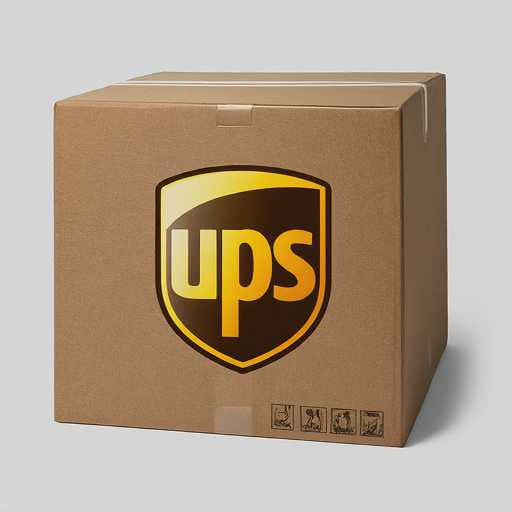
• FedEx Shipping Insurance: Similar to UPS, FedEx provides shipping insurance, allowing declaration of package value. Costs are determined by value and destination. Acknowledged for efficient claims processing, FedEx offers a range of coverage options.
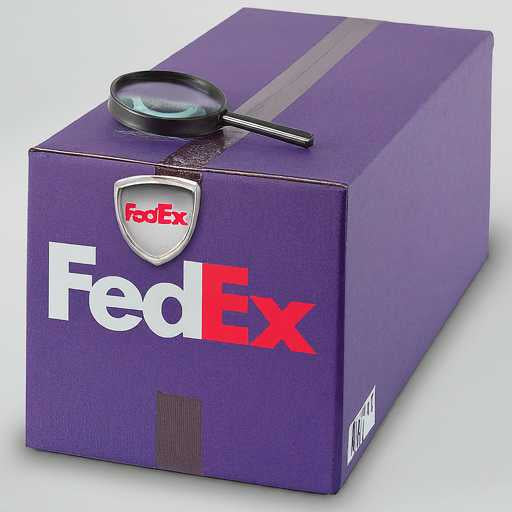
• DHL Shipping Insurance: DHL safeguards shipments with insurance against loss or damage. Shippers can declare package value, and insurance costs depend on various factors. With a global presence and a reputation for secure shipping, DHL is a reliable option for international shipments.

Claims Process for Shipping Insurance
Streamlined shipping insurance claims made simple:
1. Document Damage or Loss: Document damages to goods shipped as soon as possible. Photographic evidence, listing issues and retaining packing materials for clear evidence.
2. Inform Insurance Provider: Contact your insurance provider as soon as possible, providing an explanation and proof. Clarify the claims procedure and ask for what is supposed to follow.
3. Complete the Claim Form: Fill out the claim form following the guidance from your provider with accurate information. Clearly indicate the damage or loss giving all the relevant details.
4. Submit Supporting Documents: Include necessary documents as proof such as invoices and shipping proof. The documents supporting the extent of damage or loss.
5. Proactive follow-up: Do not be pushy, but stay involved. Being in touch with your insurance provider and providing them with requested info on time duly, speeds up the resolution process as well.

Impact of Global Events on Shipping Insurance
In our dynamic world, global events significantly impact the maritime industry, especially shipping insurance. Pandemics, natural disasters, and geopolitical shifts necessitate adaptable insurance strategies.
Pandemics and Shipping Insurance: Recent worldwide pandemics have exhibited the gaping hole of vulnerability in supply chains, with insurers racing to add in pandemic-related disruption clauses in order to effect cover from delays and losses.
Natural Disasters and Maritime Risk: The shipping industry gets threatened by hurricanes and tsunamis inviting refinements in the insurance sectors to induce maximum coverages against unexpected wreckage.
Geopolitical Factors and Insurance Strategies: Political conflicts and policy changes affect the shipping lanes, raising the risks associated with cargo losses. Therefore, insurers change their policies to include all such geopolitical uncertainties and even the loss of revenues that could ensue from them.
Adapting Insurance Strategies in a Changing World: With the maritime landscape changing, the need grows for more proactive engagement between insurers and clients in adapting to evolving challenges and crafting corresponding policies. From reviews of coverage limits through innovative clauses, the aim is to beef up shipped goods insurance amidst dynamic threats.
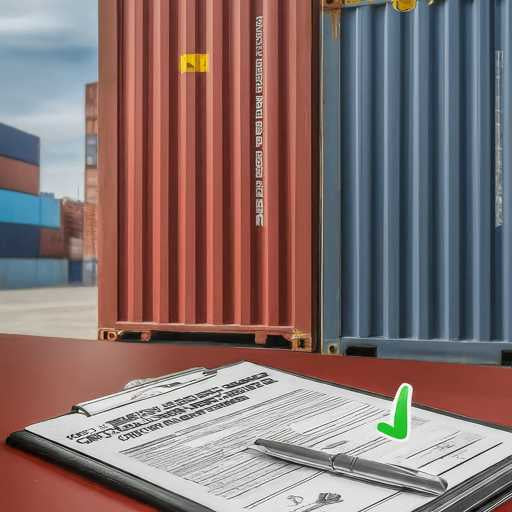
Final Thoughts
Understanding shipping insurance can be the key to safeguarding your shipments against unforeseen challenges. With Arka's commitment to excellence in packaging solutions, companies can rely on their expertise to ensure not only the safe transit of goods but also the peace of mind that comes with comprehensive shipping insurance coverage.
We can help create the most appealing custom packaging for your brand; check out our premium custom shipping boxes or mailer boxes. Trust Arka for all your packaging needs, and sail confidently through the seas of logistics.

FAQs on Shipping Insurance
Is shipping insurance mandatory?
No, shipping insurance is usually not a must-have; however, it's highly advisable for the safekeeping against odds of losses and damages.
Are there restrictions on the types of goods covered by shipping insurance?
Indeed, some policies may limit high-risk or perishable items; a policy review should verify coverage of specific items.
Can shipping insurance cover international shipments?
Yes, shipping insurance may cover international shipments; the policy is written to insure goods that are shipped and transported into other nations.
What are the emerging trends in the shipping insurance industry?
Current trends are such as including more digitalization in the process to make it efficient, use of data analytics in risk evaluation, and increasing focus for sustainability methods in the sector of shipping insurance.
